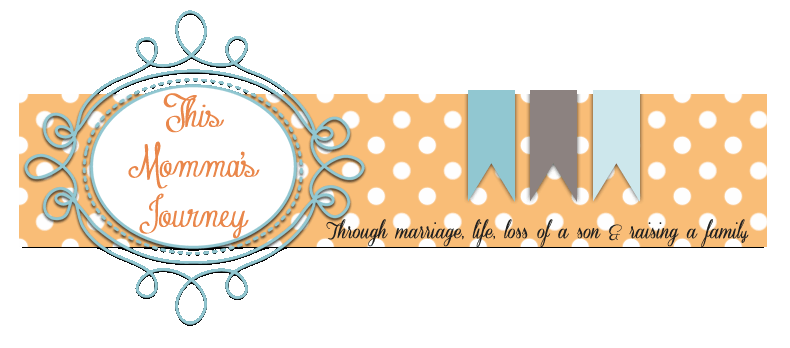My child has died - what can you do to help?
Please don't ask "how are you?" unless you really want to know the answer...
How are you?" has become a meaningless greeting to which the expected answer
is "fine". But I am not fine. At best I'm a bit fragile and a lot of the
time I'm far worse - I feel upset, hurt, bewildered, angry, guilty. But
these and other normal feelings which follow the death of someone you love
are not the things of polite conversation. So if you are not prepared to
hear about them, choose another way to greet me.
Don't expect to much of me too soon....
If I'd broken my leg I'd have a plaster cast on and you wouldn't expect me
to get back to normal for months. you can't put broken feelings in plaster
and you can't see the scars. But they need time to heal and I need time to
come to terms with the realization that "normal" from now on is life without
my child.
Don't ignore the death or the child that died...
You wouldn't have any trouble talking about good news. If I'd just won Lotto
it would be the first thing you would mention. Bad news is different - you
probably don't know what to say or how to say it. But the death of my child
is the most important thing in my life and it helps to acknowledge that.
Be honest, and try to avoid platitudes...
"This is awful, I don't know what to say" is far more help than cliched
phrases that aren't true anyway. Time alone doesn't heal, the fact we've got
each other is irrelevant because two drowning people can't save each other
and there is no comfort in the thought of this misery being God's will.
Don't think that having, or being able to have, other children will lessen
the pain of my child's death...
A child who loses a favorite toy will not be placated by a substitute. And
so it is with people. I loved my child for who he was as an individual, not
as an interchangeable piece in a set and mourning for him, at least at first
will strain rather than strengthen bonds with other children.
If you want to help, make specific offers not empty promises...
Saying "if there's anything I can do" might make you feel good, but I'm
unlikely to take you up because I probably don't know what I need and I'm
unsure what your "anything" means. However if you turn up with food, an
offer to babysit, or just a listening ear, your kindness will be gratefully
accepted.
Practice, don't preach...
However weak or strong my faith, and whatever your beliefs, this is no time
for sermons.
Be sensitive...
I find it hard to believe life in the outside world is still going on when
my private world has collapsed. I hope my child's death won't leave me
bitter. But it will take me time, months, years, before the weight of my own
feelings lightens enough to allow me to share your joys or sorrows.
Don't expect me to follow a prescribed pattern of grieving...
Denial, anger, guilt, depression and acceptance are all stages in the grief
process but no two people will go through them in the same way. I'll have
good days and bad days, sometimes I'll cope with a lot, at other times I'll
be phased by little things. It may seem illogical to you, but then feelings
often are.
Don't confuse control with coping...
A stiff upper lip probably means I've got a tight rein on my feelings, not
that I have come to terms with them. You may not be comfortable with crying
or screaming but they are far healthier than numbness, which is a sign of
denial.
Keep in touch...
I'll always be grateful for the practical and moral support you gave
immediately after the death and I know you have to get on with your life.
But grief doesn't end with the funeral and occasional phone call, note or
visit will let me know you haven't forgotten.
The death of my child has left me emotionally and spiritually shattered. It
will take time to put the pieces together again, to rebuild relationships.
But when things get really bad, knowing there is a friend who cares may be
all I need to tip the balance in favour of recovery.
-














No comments:
Post a Comment